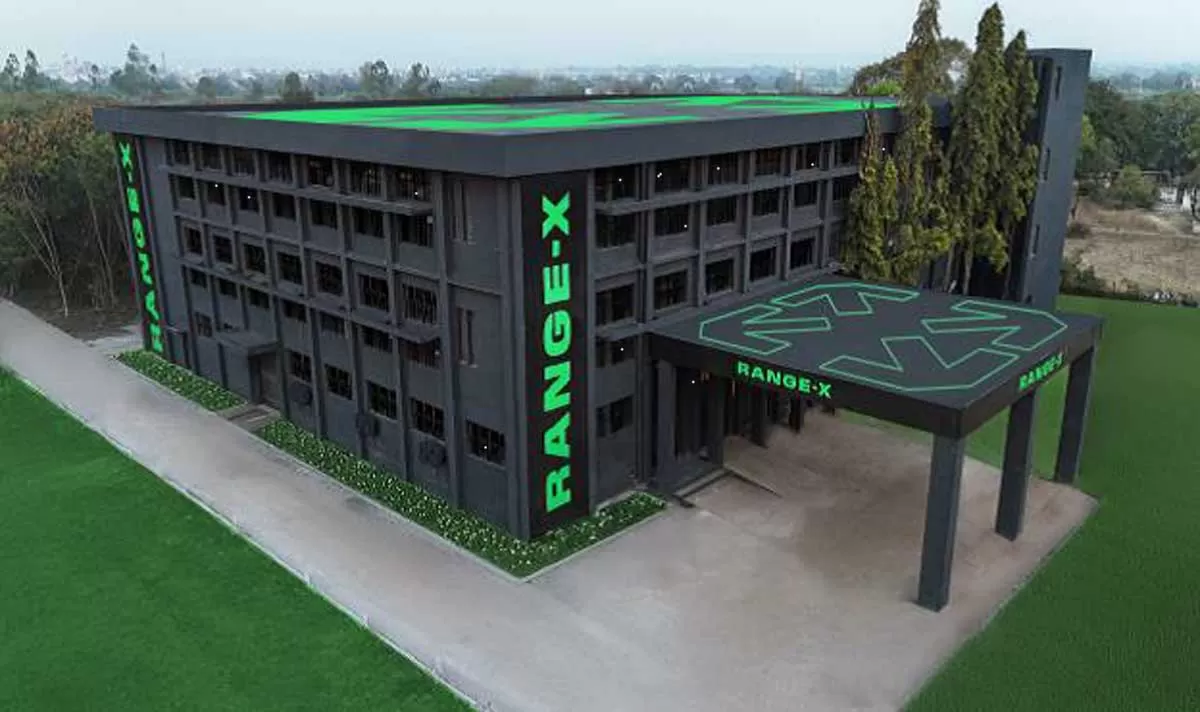
Union minister believes govt can balance environment and development

Organisations valuing gender diversity achieve higher profitability
The building materials industry is projected to grow by 8-12 per cent over the next five years. How is Aparna Enterprises positioning itself to leverage this momentum and solidify its market presence?The Indian construction and building materials industry is projected to witness significant expansion, with estimates suggesting an 8-12 per cent compound annual growth rate (CAGR) over the next five years. This growth is fuelled by rapid urbanisation, increased infrastructure investments and sustainability-focused policies. With India's real-estate market expected to reach $ 1 trillion by 2030, t..

Dealing with Delays
Delays have beleaguered many a construction project in India, hampering the country from building to its ability and potential, and leading to additional costs incurred by the contractor. The reasons for delayIn India, delays mainly occur owing to obtaining statutory approvals, non-provisioning of right of way, utility diversion and approval of drawings and design. Delays are broadly classified based on responsibility and effect. Excusable delays arise from factors beyond the contractor’s control, such as force majeure events or employer-induced delays. These delays generally entitle th..

Kinetic Group Launches Range-X Battery Plant in Ahmednagar
Kinetic Group has inaugurated its advanced EV battery manufacturing facility in Ahmednagar under the Range-X brand. With a Rs 50 crore investment, the plant has a production capacity of 60,000 battery packs annually for two- and three-wheeler EVs.The facility will manufacture Lithium Iron Phosphate (LFP) and Nickel Manganese Cobalt (NMC) batteries, offering high energy density and smart battery management systems. Equipped with automated production lines and IoT-enabled quality checks, it complies with AIS 156 and AIS 004 standards.""Range-X is a result of pioneering work in batteries and a si..














